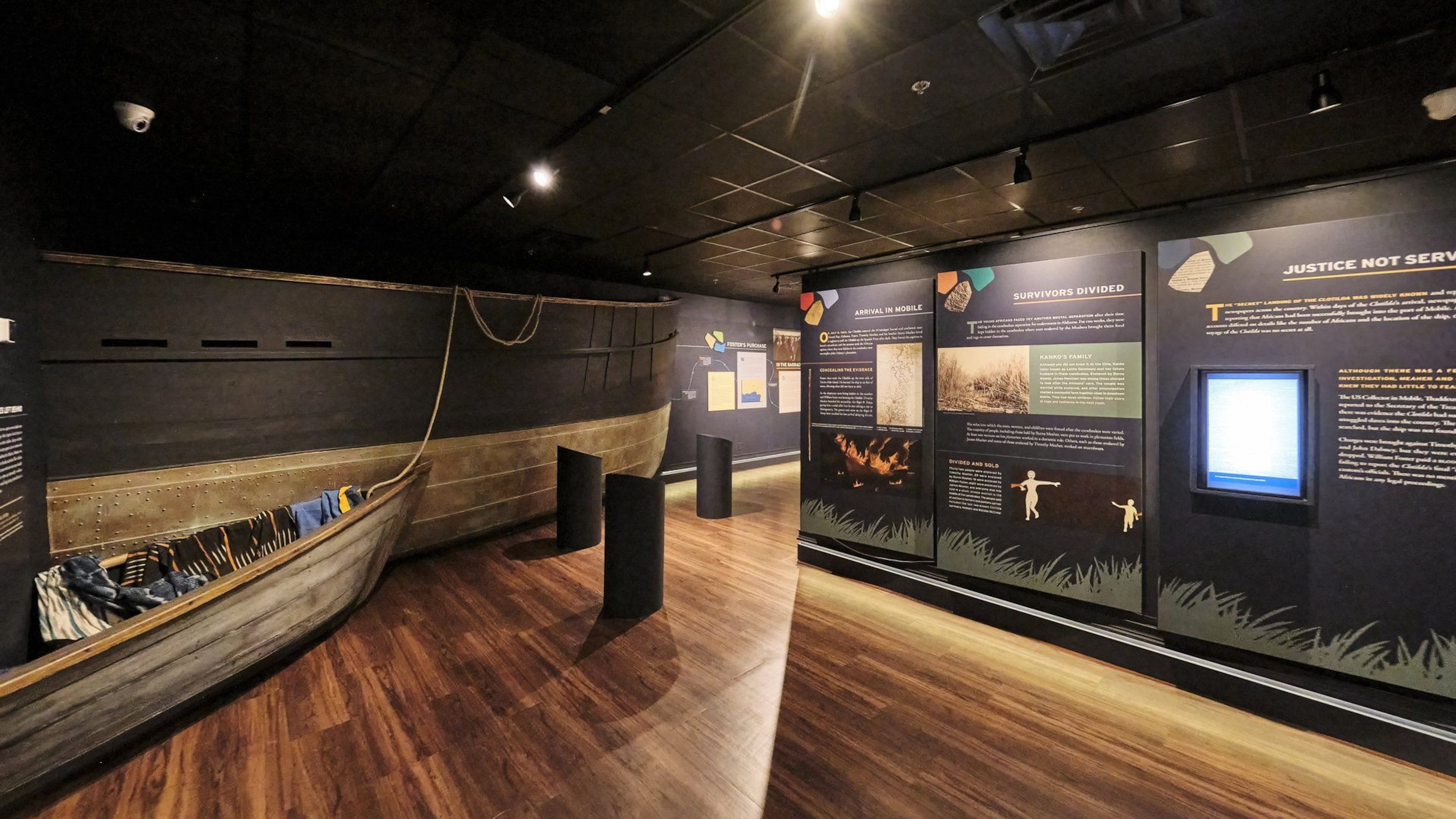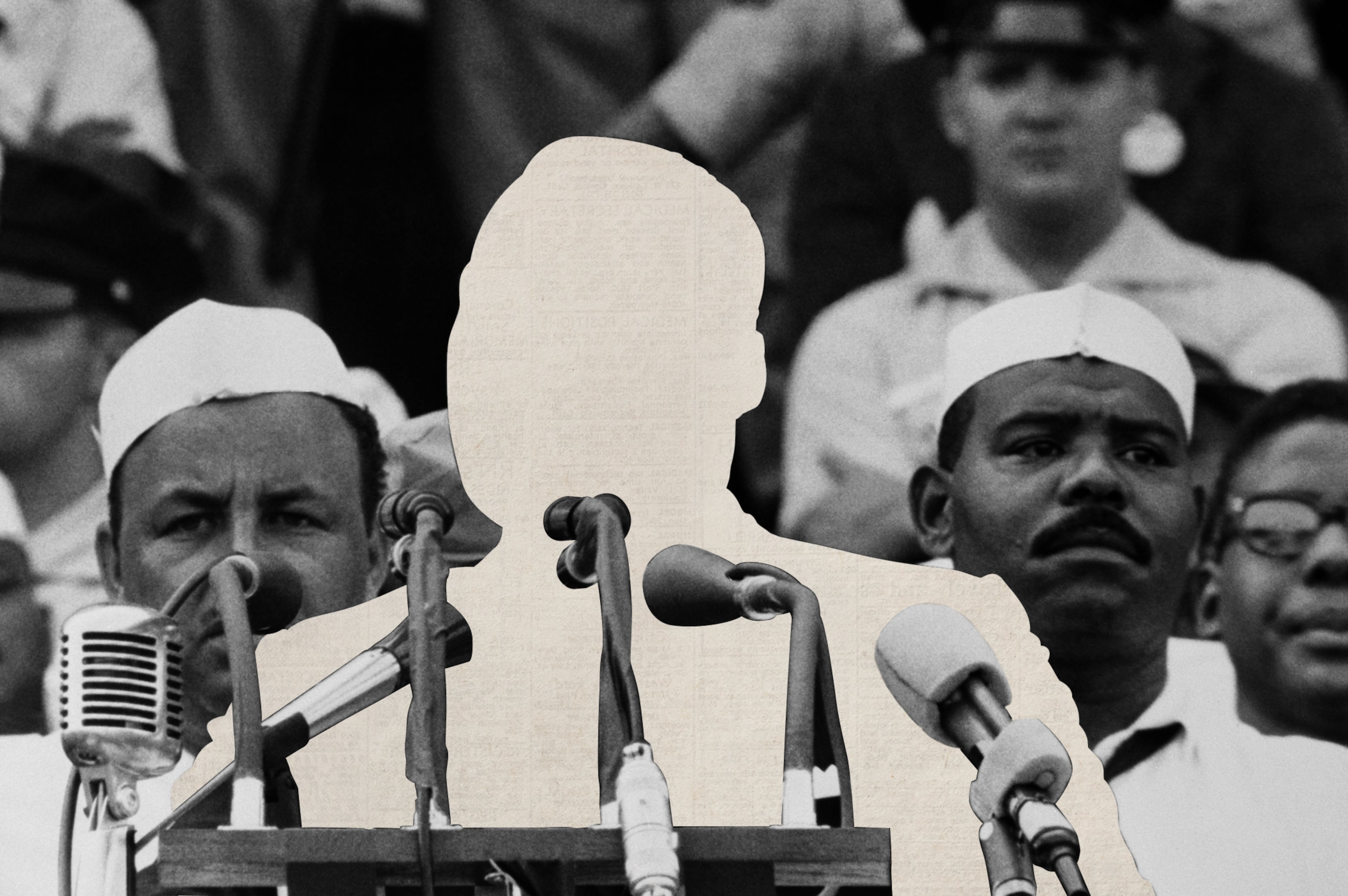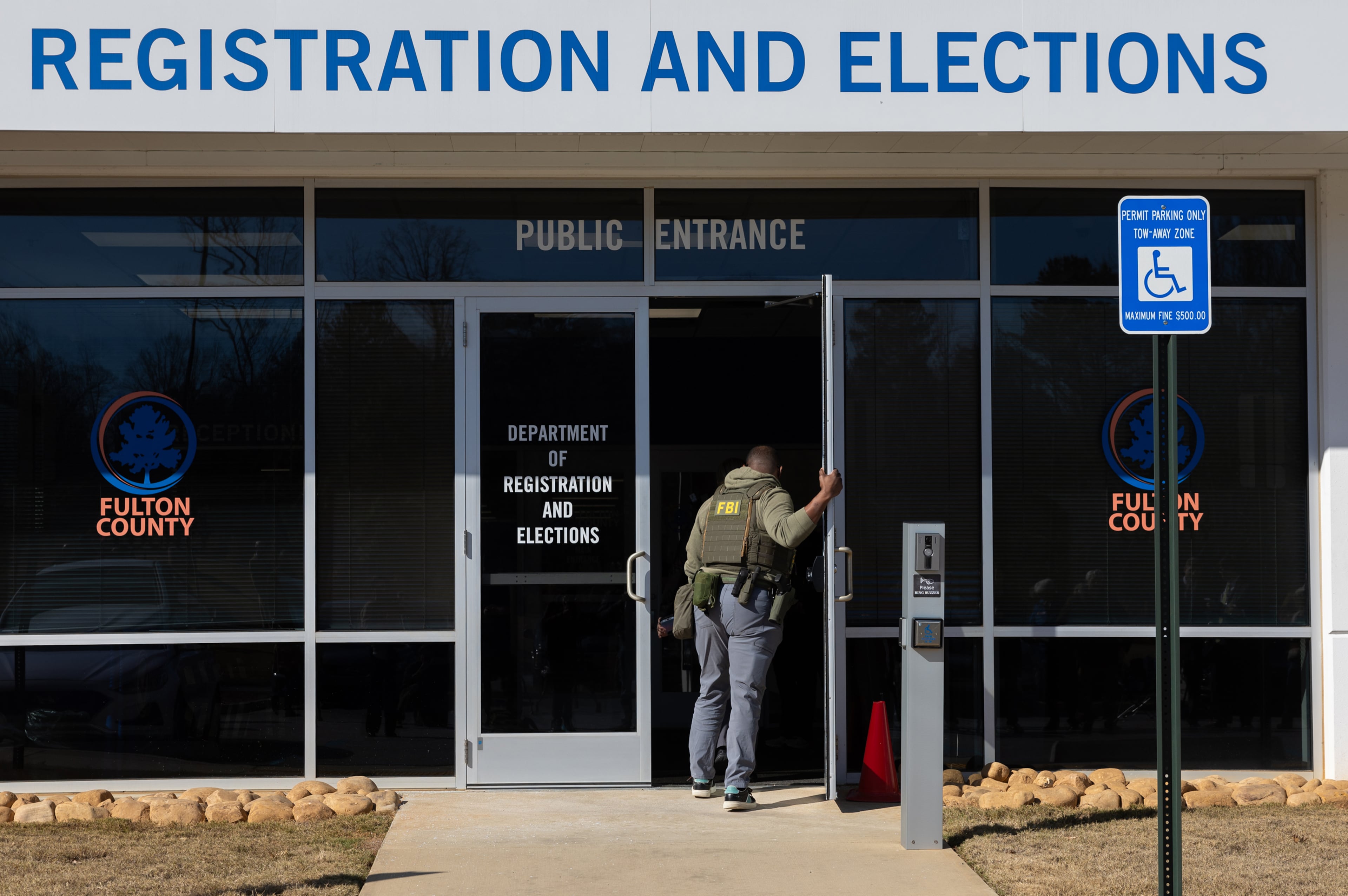Vote like I do: In honor of the survivors of the Clotilda slave ship

Every year, I exercise my right to vote in all elections — general, state and local. But when I voted for president of the United States on Nov. 3, 2020, it was different.
On that particular day, I cast my vote for the first time as a father. I held my then-1-year-old daughter, showing her voting was a right we all had as American citizens.

Later that night, as I have done for each election since, I shared with my daughter the importance of voting. I told her the story of how her grandpapa Pollee Allen and a few of his shipmates aboard the Clotilda, the last known U.S. slave ship, voted for the first and only time.
On July 8, 1860, survivors of Clotilda’s final voyage arrived in Mobile, Alabama. Many survivors were sold throughout the state and ended up in Pickens, Baldwin, Mobile, Washington, Dallas, Marengo, Wilcox, Autauga, Elmore and Montgomery counties. What the survivors did not know at the time was that the slave trade had been banned more than 50 years earlier and that they were brought as slaves to the United States illegally by Timothy Meaher, owner of the Clotilda.
Around April 12,1865, after five years of unlawful enslavement, the Mobile Clotilda survivors in what became Africatown finally learned they were actually free.
After failed attempts to purchase their way back to Africa and seek land from Meaher and his brothers, they formed their community known as Africatown. They were determined to rebuild their lives and take up their voice in their new country through the right to vote. However, it would not be an easy journey for them.
In her book “The Survivors of the Clotilda: The Lost Stories of the Last Captives of the American Slave Trade,” Hannah Durkin detailed the Rep. William “Pig Iron” Kelley riot in which shots were fired to deter the former slaves from registering to vote. The shots apparently came from the window of John Forsyth’s home. Forsyth, a local newspaper editor, wasn’t there, but his son Charles was a suspect. One Black person and one white person were killed, and several others were injured.
As Durkin described in her book, “such intimidation did not deter Anthony or Archie Thomes, Charlie, Kossula, Osia Keeby or Pollee from registering to vote in July 1867.″
But, despite their successful registration to vote, they continued to face intimidation. In February 1868, “the Register again attempted to terrify black people away from the ballot box. Every colored man who votes in the election for the thing they call a constitution, it [the Register] warned, makes his record as an enemy of his white fellow citizens,” Durkin wrote.
In her book “Dreams of Africa in Alabama: The Slave Ship Clotilda and the Story of the Last Africans Brought to America,” Sylviane A. Diouf shared a detailed account of what the 110 survivors experienced on the day that they voted in 1874. I use Diouf’s account and stories my grandmother passed on to me to share this historic patriotic moment with my daughter in my own words: Charlie, Grandpapa Pollee, Cudjo and their shipmates walked to their first polling location to vote. When they arrived, Timothy Meaher was awaiting them.
He pointed them out and said they could not vote. The folks working the polling station told them they couldn’t vote and to get out. They walked several miles to another polling station to vote. When they arrived, Meaher, who had ridden his horse, was waiting on them, and, for a second time, they were turned away. Determined to vote, the oral history goes, they looked to the heavens, prayed to God and walked to a third polling location even farther away. After walking several miles, when they arrived, no Timothy Meaher was awaiting them. On their third attempt and after paying one dollar (a full day’s work for them), they voted. They were given a receipt confirming their ballot.
I share this oral history with my daughter each election cycle, and I am sharing it here. What the survivors of Clotilda accomplished after 1865 was courageous, historic and heroic. As I explained to my daughter on that day in November 2020 after we voted together, “Pollee and his shipmates were patriotic. We must follow their example.”
This election cycle is one of the most important consequential election cycles of our lifetimes. On Tuesday, registered voters will have the opportunity to do what Pollee and his shipmates did: vote. As a call to action and a way to honor the 110 survivors aboard Clotilda, I encourage each of you to exercise your patriotic right and duty and vote in this year’s elections.
Jeremy Ellis is a descendant of Pollee and Rose Allen.
More Stories
The Latest

